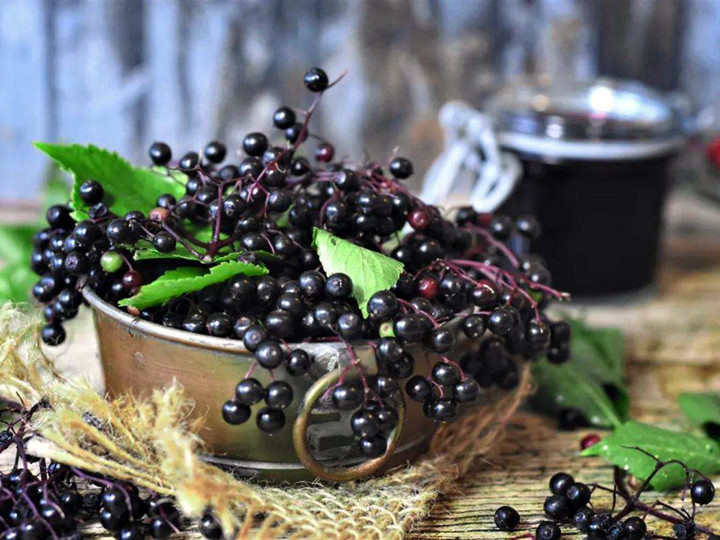Echinacea and elderberry are two popular herbs taken together to support health. If you have a cold or flu, Echinacea and elderberry are recommended for a long time by the herbalist, they have been shown to be effective in boosting the immune system and fighting off illness. Oftentimes, their combination is used to strengthen the immune system and may even help protect against colds and flu. But which one is better? Echinacea is known for its calming properties and the capacity of treating a number of other infections, which may help prevent upper respiratory tract infections and asthma symptoms. Elderberry has been used for centuries for respiratory health and is a powerful immune system enhancer. It contains a wide range of vitamins and antioxidants, including Quercetin and Rutin. And then there are the question? which is better?
Benefits of Echinacea
Echinacea is a common immunity enhancer and it has long been marketed to help prevent colds and flu, as well as other infections of the airways. It is also an antiseptic and helps wounds heal. The phenolic compounds within the plant have been shown to stimulate white blood cells, which in turn boost the body’s immune system. This two-pronged approach to fighting disease causing germs and viruses means you are more likely to recover faster from infections. There are many studies that have shown that taking echinacea supplements may reduce the risk of developing colds by 50% and shorten the duration of your symptoms by one and a half days. This does not mean that echinacea will save you from getting a cold, however, and it should always be taken in combination with a healthy diet and plenty of rest and fluids during an infection.
Benefits of Elderberry
Elderberries have been known as “nature’s medicine chest” for centuries and are a popular natural remedy for the common cold and flu. They contain antioxidants and a high level of polyphenols, which are known to promote immunity.
One of the most well-known benefits of elderberry is that it reduces the duration and severity of the flu. In a five-day study, flu sufferers who took elderberry syrup saw their symptoms go away an average of four days earlier than those who took a placebo syrup. Another benefit of elderberry is that it helps reduce the body’s overall inflammation. This is because elderberry extract works by reducing oxidative stress to the internal organs and muscle tissue.
Side Effects Of Both
Echinacea and Elderberry are herbs that has been traditionally used to boost the immune system for centuries and are also known for their ability to help with cold and flu symptoms. However, it is best to consult your doctor before taking a supplement containing elderberry and echinacea, because they can interact with certain drugs.
It’s also important to be aware of possible side effects and interactions between echinacea and elderberry. Some people may experience allergic reactions when taking these herbs. Additionally, high doses of either herb can cause nausea, vomiting, stomach pain, increased heart rate and blood pressure, as well as headaches or dizziness. Be sure to follow the dosing instructions on the supplement label carefully and never take more than is recommended. If you have any questions or concerns about taking echinacea and elderberry together, it’s best to speak with your healthcare provider for guidance.
Can I take them together?
Yes, you can take echinacea and elderberry together. Both herbs have long been used to enhance the immune system and may help ward off colds and flu. They both contain antioxidants that help the body fight off oxidative stress and entice the immune system to make more white blood cells to engulf and kill troublesome bacteria and viruses. They also contain vitamin C, which is an important nutrient for immune health. Research suggests that taking both herbs together may be more effective than taking just one or the other alone. Taking echinacea and elderberry together is generally considered safe for most healthy people when taken as directed. However, it’s always a good idea to talk with your healthcare provider before starting any new supplement regimen. They can provide guidance based on your individual health needs and any medications you’re currently taking. In some cases, combining echinacea and elderberry could interfere with certain medications or medical conditions, so it’s important to get personalized advice from your healthcare provider. Additionally, if you’re pregnant or breastfeeding, check with your doctor before taking any herbal supplements.



